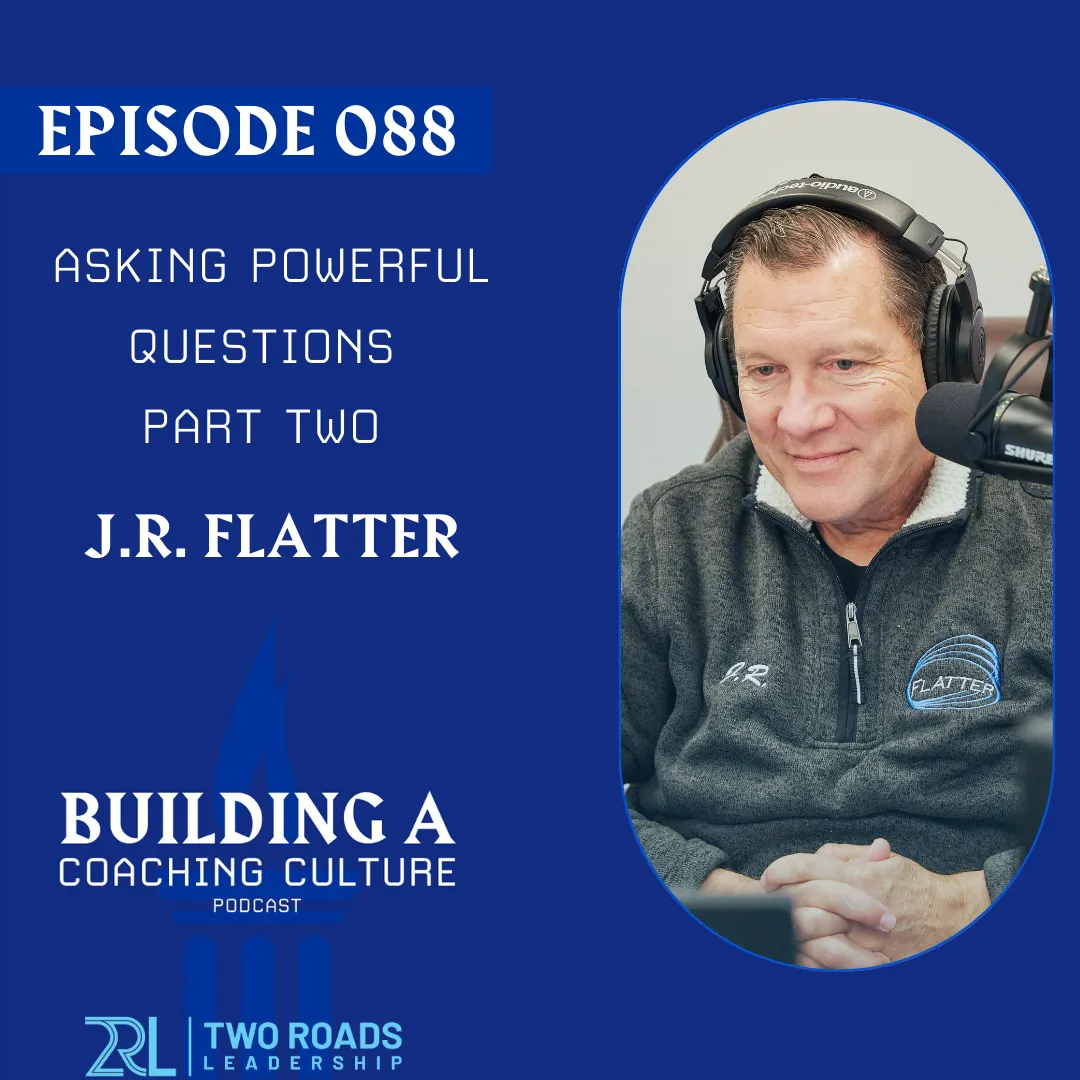Our hosts, J.R. and Lucas Flatter, have an insightful discussion about asking powerful questions as a coach. They emphasize the importance of slowing down, listening actively, and embracing silence to allow the leader being coached time to think.
Key takeaways include:
- Why is it important to pause and be silent in leadership and coaching?
- The Importance of Actively Listening in Coaching.
- What is the role of the coach in supporting and creating awareness without giving direct advice?
- Ethics versus morals in coaching relationships.
- Focus on the leader's needs and goals, not your own.
J.R. and Lucas provide examples and anecdotes to illustrate effective powerful questioning techniques for coaches. Their insights can help coaches have more impactful sessions that drive the leader's self-awareness, growth and development.
Building a Coaching Culture is presented by Two Roads Leadership
Produced, edited, and published by Make More Media
Episode Links
J.R. Flatter
Founder of Two Roads Leadership
Lucas Flatter
Resources
2RL 4 day Coach Certification Bootcamp
2RL ICF-Approved Coach Certifications and Trainings
Transcript
Automatic Transcription - please excuse any errors

